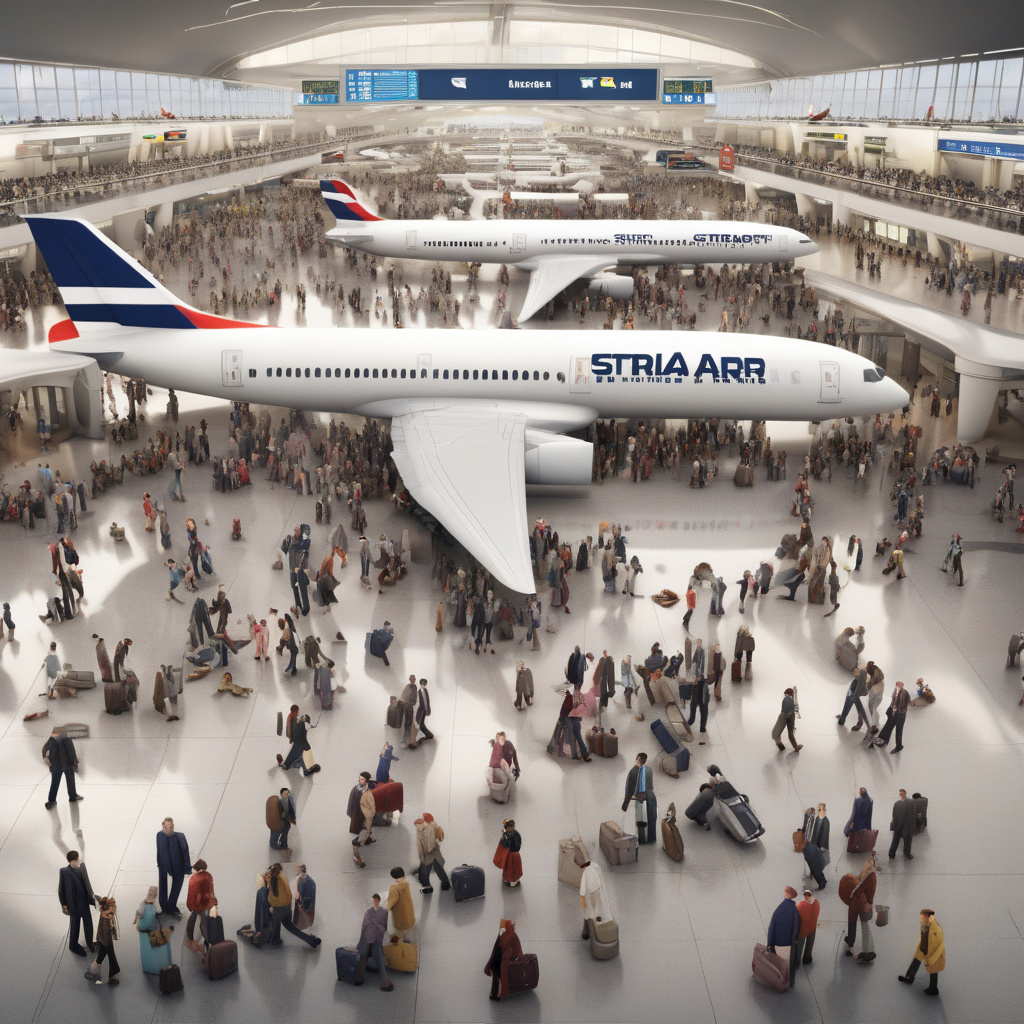1,500 Flights Canceled: Airlines Struggle Amid French Air Traffic Controllers’ Strike
Tens of thousands of passengers rearranged plans as more than 1,500 flights were canceled following the recent strike by French air traffic controllers. The disruption caused by the strike has once again highlighted the vulnerability of the aviation industry to such industrial actions, leaving airlines struggling to manage the fallout.
The strike, which was called by the French air traffic controllers’ union, was in protest against proposed changes to the country’s retirement age and pension system. As a result, major airlines operating in France, including Air France, EasyJet, and Ryanair, were forced to cancel a significant number of flights, leading to chaos and frustration among passengers.
Passengers were left stranded at airports or forced to seek alternative means of transportation, disrupting their travel plans and causing inconvenience. Many travelers took to social media to express their anger and disappointment, criticizing both the airlines and the authorities for failing to resolve the issue promptly.
Airlines, on the other hand, found themselves in a difficult position, trying to accommodate affected passengers while also minimizing the financial impact of the cancellations. For carriers operating on thin profit margins, such widespread disruptions can have serious repercussions on their bottom line.
In response to the strike, airlines offered affected passengers the option to rebook their flights or receive a refund, but the sheer scale of the cancellations made it challenging to find suitable alternatives for everyone. This led to long queues at airport customer service desks and lengthy waiting times on customer service hotlines, further adding to the frustration of travelers.
Moreover, the strike highlighted the ongoing challenges faced by the aviation industry, including the need for better contingency planning and improved communication strategies during times of crisis. As air travel continues to grow in popularity, airlines must be better equipped to handle disruptions caused by external factors such as strikes, severe weather, or airspace closures.
While the strike may have ended, its impact on the affected passengers and airlines will be felt for days to come. It serves as a reminder of the importance of effective labor relations in the aviation sector and the need for proactive measures to prevent such disruptions from occurring in the future.
As the aviation industry grapples with the aftermath of the French air traffic controllers’ strike, passengers and airlines alike are hoping for a swift resolution to the issues that caused the disruption. In the meantime, both travelers and industry stakeholders are left to deal with the consequences of yet another major disruption to air travel.
airlines, aviation, French strike, flight cancellations, passenger inconvenience












